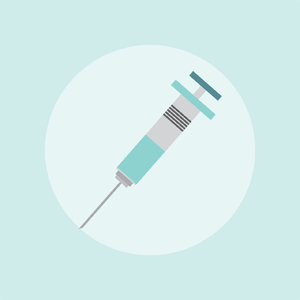Treatment of mild to moderate stress urinary incontinence with a novel polycaprolactonebased bioresorbable urethral bulking agent

All claims expressed in this article are solely those of the authors and do not necessarily represent those of their affiliated organizations, or those of the publisher, the editors and the reviewers. Any product that may be evaluated in this article or claim that may be made by its manufacturer is not guaranteed or endorsed by the publisher.
Authors
A fully bioresorbable polycaprolactonebased bioresorbable bulking agent was evaluated for safety and efficacy in female patients with mild to moderate stress urinary incontinence who attempted and failed prior pelvic floor muscle training. Fifty female subjects were treated by transurethral sub-mucosal injection. Safety was evaluated over a 24-monts follow-up period. At the 12-months visit, a cystoscopy was performed for visual inspection of the injected area. Efficacy was assessed with the same intervals with the Stamey Grading System (SGS) among others. Only 6/50 subjects reported transient mild adverse events. The results show for the SGS grade more than 55% of the participants had an improvement in SGS grade, 40% of whom were cured within the first 12 months after treatment. During the second year of follow- up the effect seems to falter with an improvement of 50% of the subjects of whom 25% were cured. The results of the study suggest that treatment of mild-tomoderate stress urinary incontinence with a bioresorbable PCL-based bulking agent is a safe and effective alternative to permanent bulking agents and intermediate treatment option before the use of the permanent midurethral sling.
How to Cite
PAGEPress has chosen to apply the Creative Commons Attribution NonCommercial 4.0 International License (CC BY-NC 4.0) to all manuscripts to be published.






